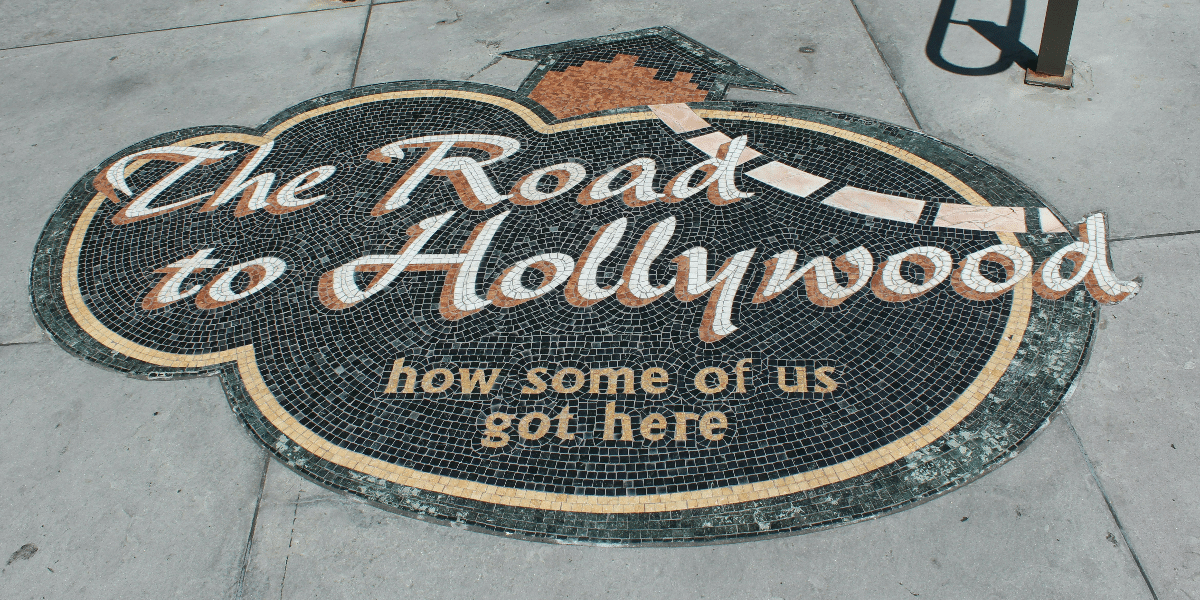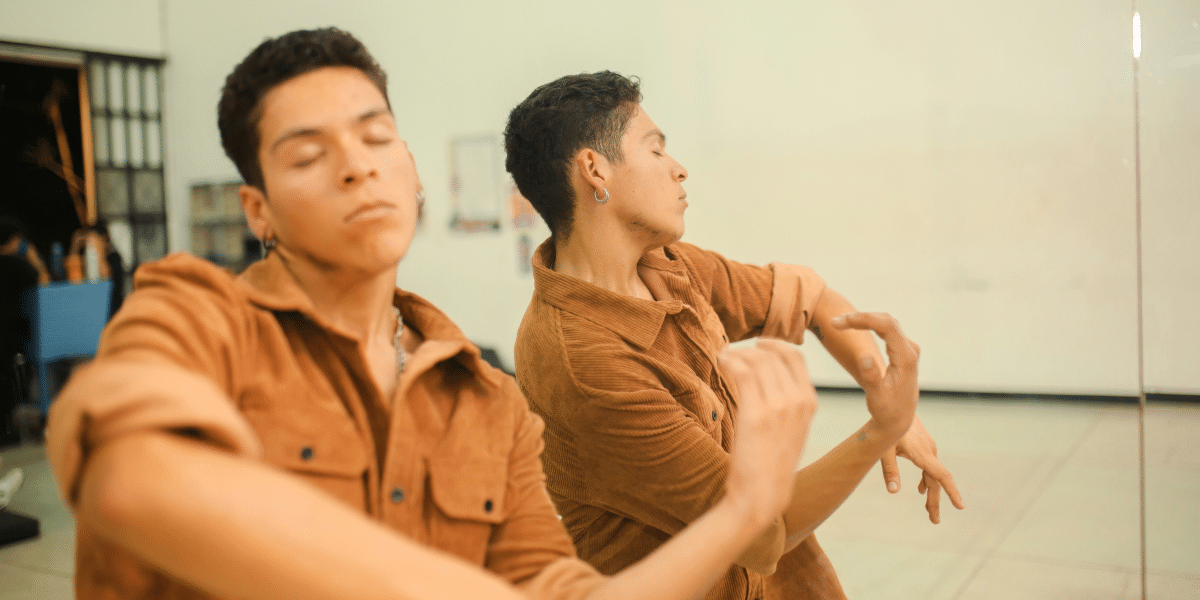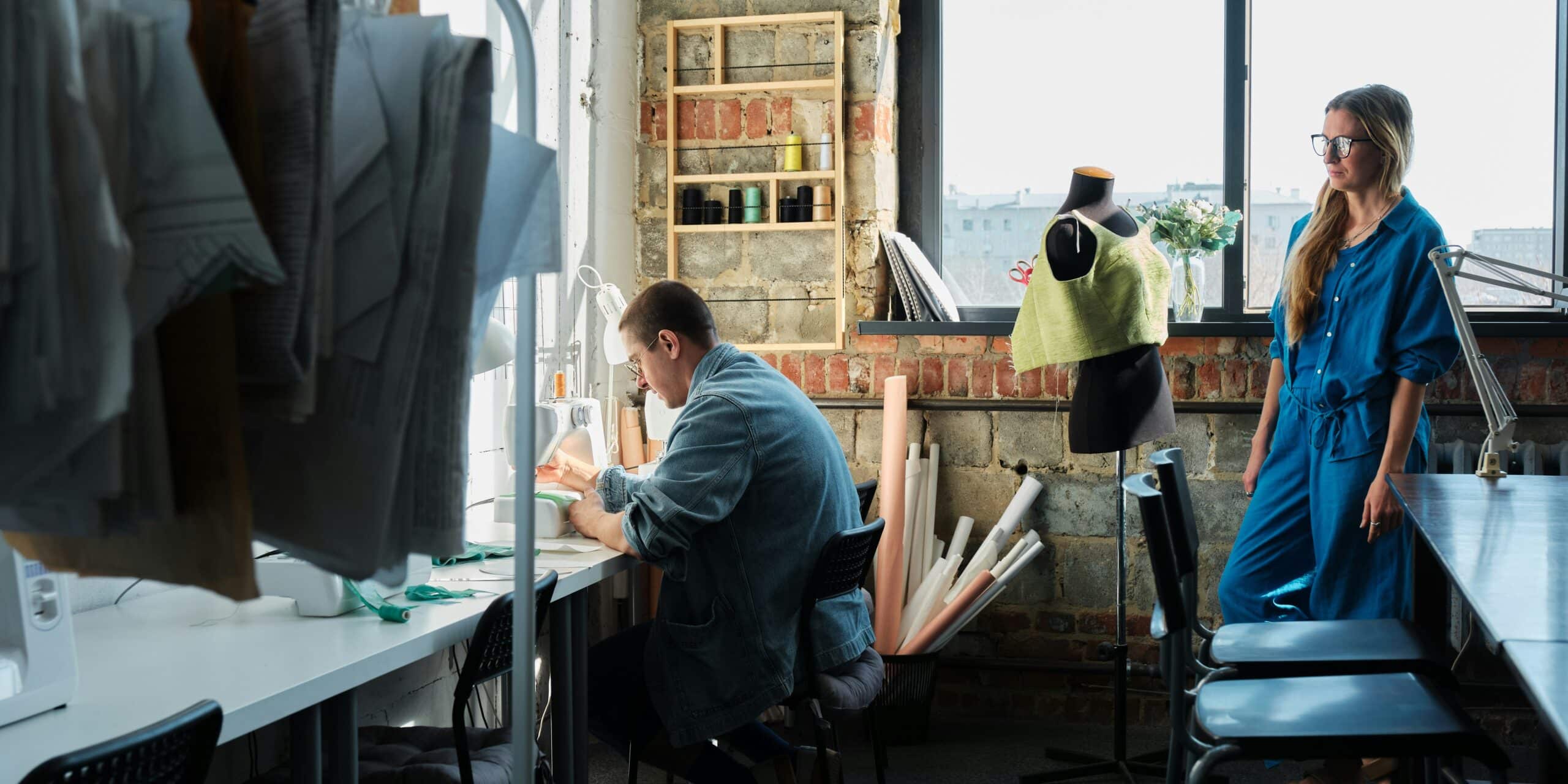The Role of Fashion in Society
Fashion has long been intertwined with social status, serving as a visual indicator of wealth, taste, and social standing. From designer labels to luxury accessories, the clothes we wear can send powerful signals about who we are and where we belong in society. In this article, we’ll delve into the complex relationship between fashion and social status, examining how clothing can both reflect and shape our sense of identity and belonging.
Fashion is more than just clothing – it’s a form of self-expression and cultural communication. The clothes we choose to wear can convey a wide range of messages about our personality, values, and aspirations. In many societies, fashion plays a central role in social rituals and ceremonies, from weddings and funerals to job interviews and formal events.
Clothing as a Status Symbol
Throughout history, certain garments and accessories have been associated with wealth, power, and prestige. In ancient civilizations, elaborate robes and jewelry were reserved for royalty and nobility, while commoners wore simpler attire. Today, designer labels and luxury brands serve a similar function, signaling affluence and social status to the outside world.
Celebrities and public figures play a significant role in shaping fashion trends and influencing consumer behavior. When a celebrity is photographed wearing a particular brand or style, it can spark a frenzy of imitation among fans and followers. As a result, fashion becomes not only a marker of social status but also a means of emulating the lifestyles and identities of the rich and famous.
While fashion has historically been associated with the elite and privileged classes, it also has the power to facilitate social mobility and upward mobility. For many people, investing in designer clothing or luxury accessories is a way of signaling success and upward mobility, even if their financial resources are limited. In this way, fashion can serve as a tool for self-empowerment and aspiration.
Cultural and Subcultural Signifiers
Fashion is not monolithic – it encompasses a diverse array of styles, subcultures, and identities. From streetwear and punk rock to preppy and bohemian, different fashion subcultures offer alternative ways of expressing identity and belonging. In some cases, clothing can serve as a form of resistance or rebellion against mainstream norms and values.
Fashion has the power to challenge societal norms and provoke thought and discussion about issues such as gender, race, and class. Designers and artists often use fashion as a medium for social commentary, addressing topics like inequality, consumerism, and environmental sustainability. Through provocative designs and runway presentations, they push the boundaries of what is considered acceptable or fashionable.
Fashion is deeply intertwined with social status, serving as a visual marker of wealth, taste, and social standing. Whether we realize it or not, the clothes we choose to wear send powerful signals about who we are and where we belong in society. From designer labels to streetwear brands, fashion offers us a multitude of ways to express our identity and aspirations. By understanding the complex relationship between fashion and social status, we can gain insight into the role that clothing plays in shaping our sense of self and belonging.









